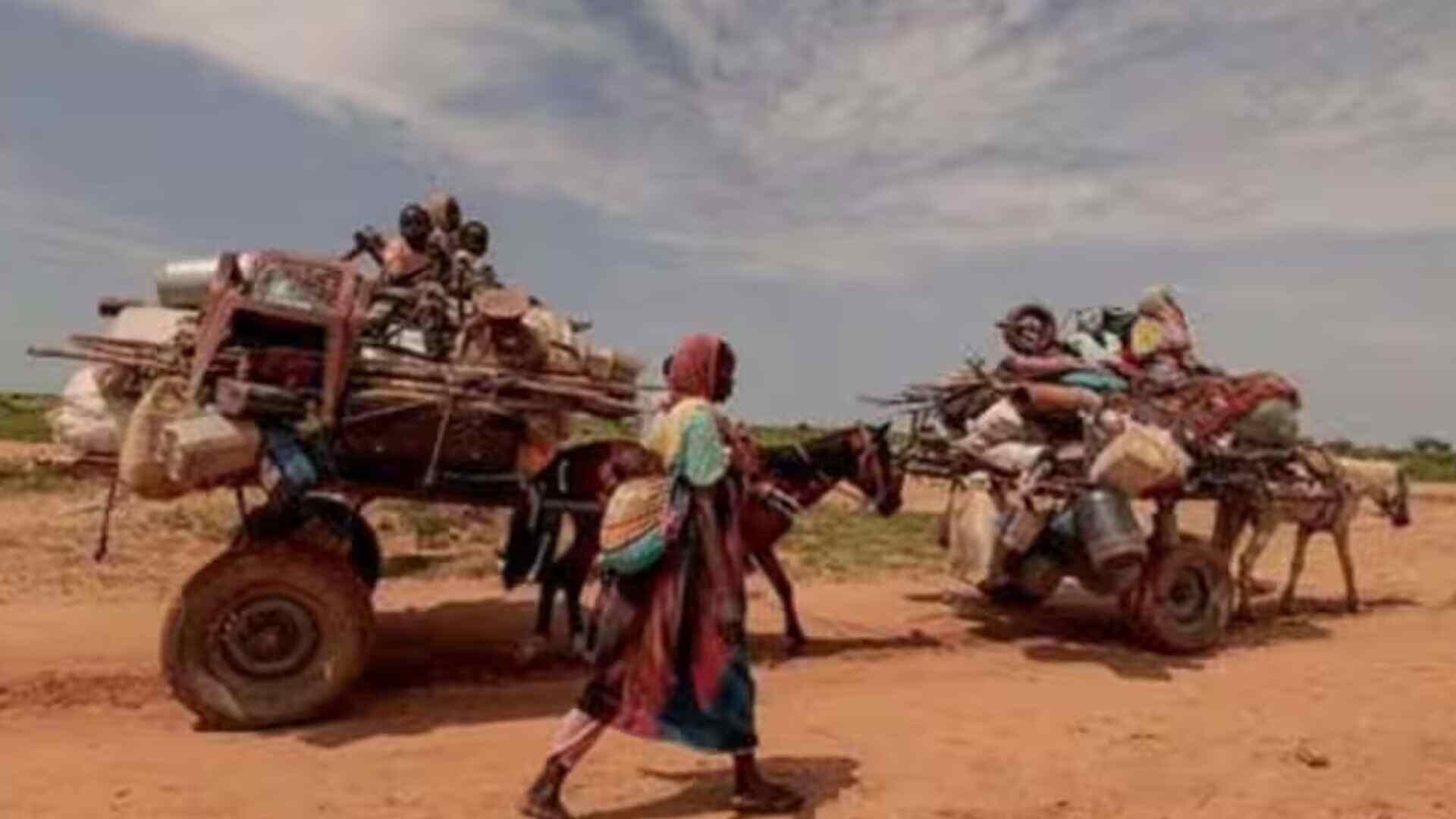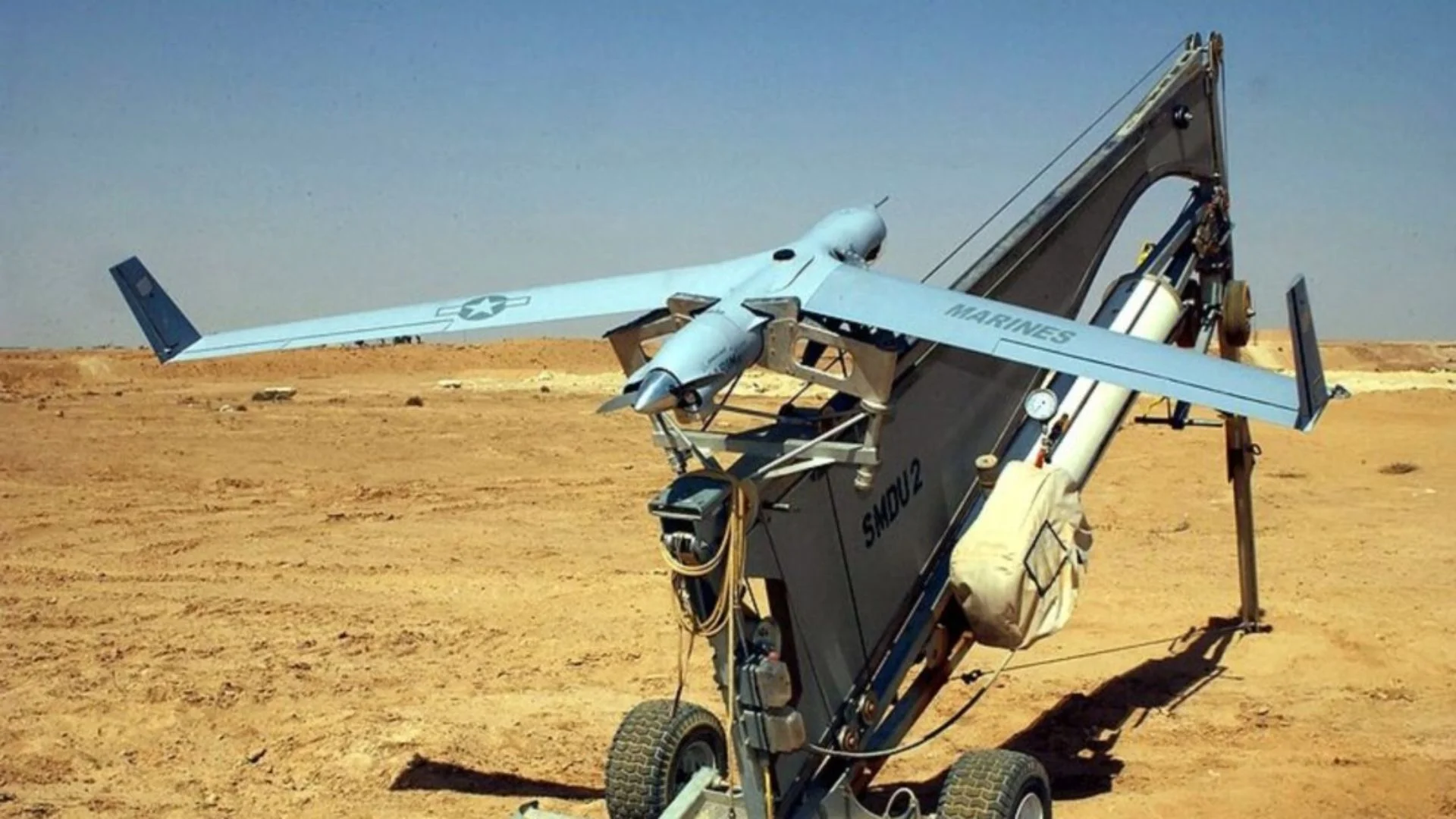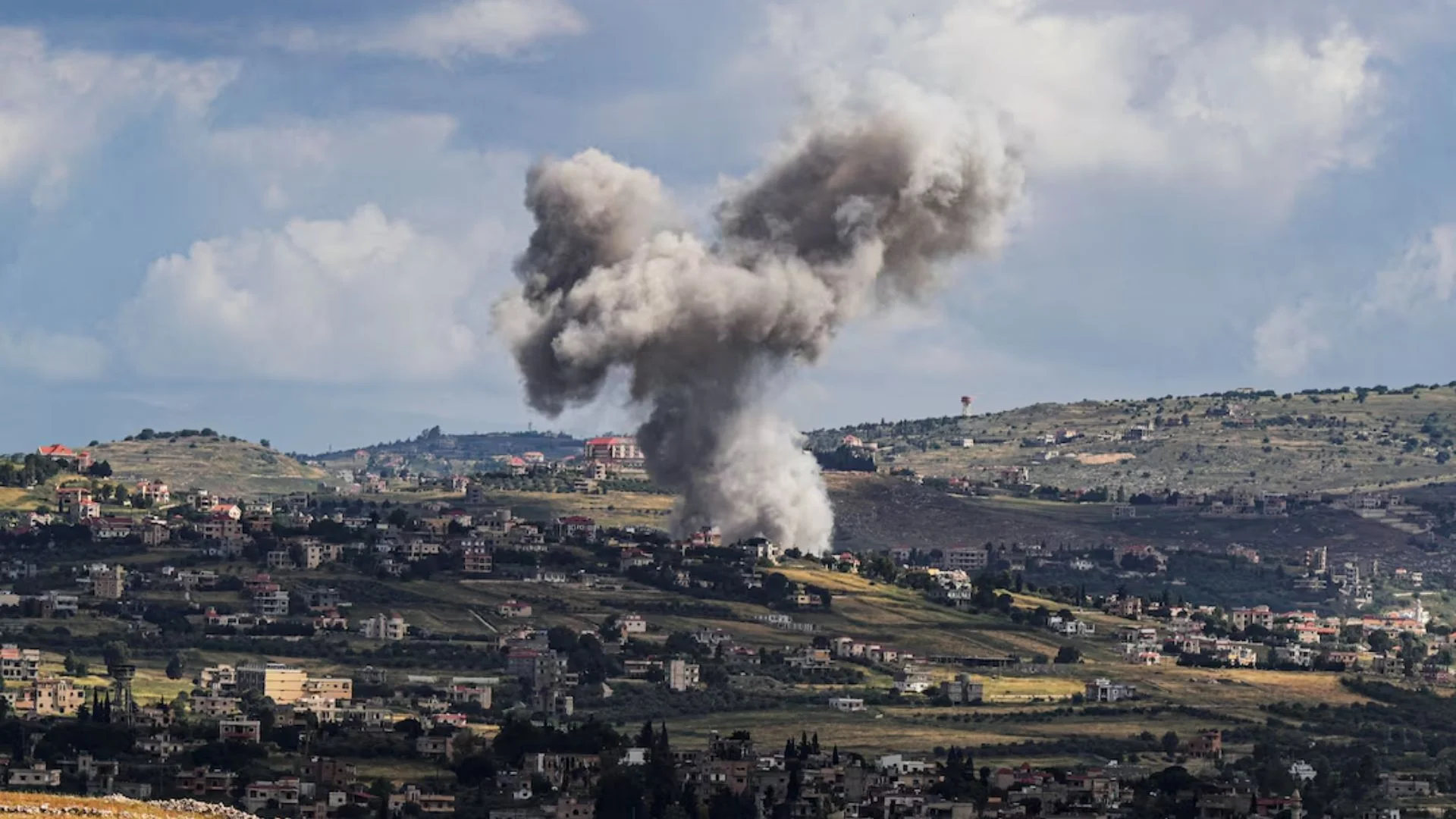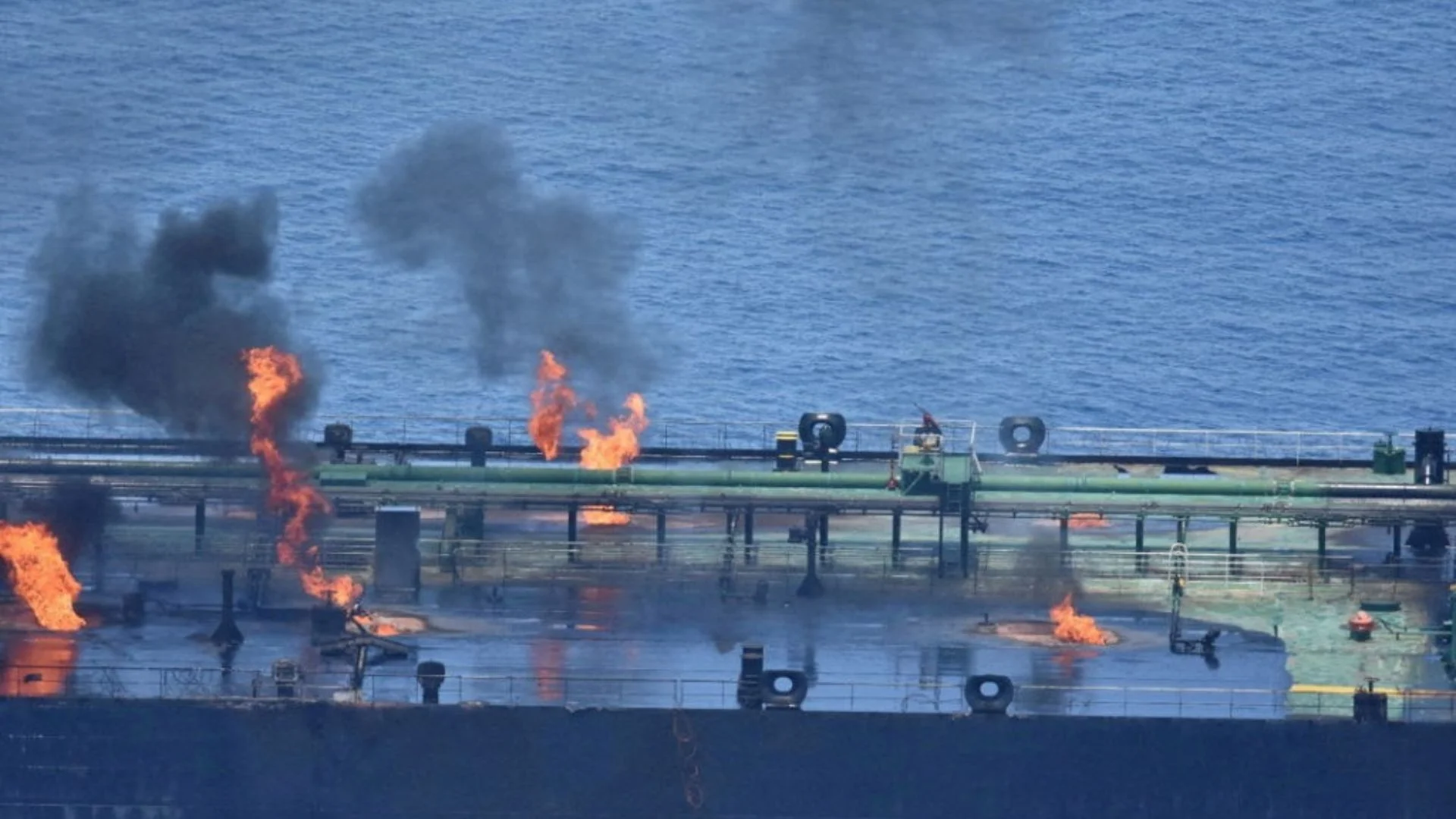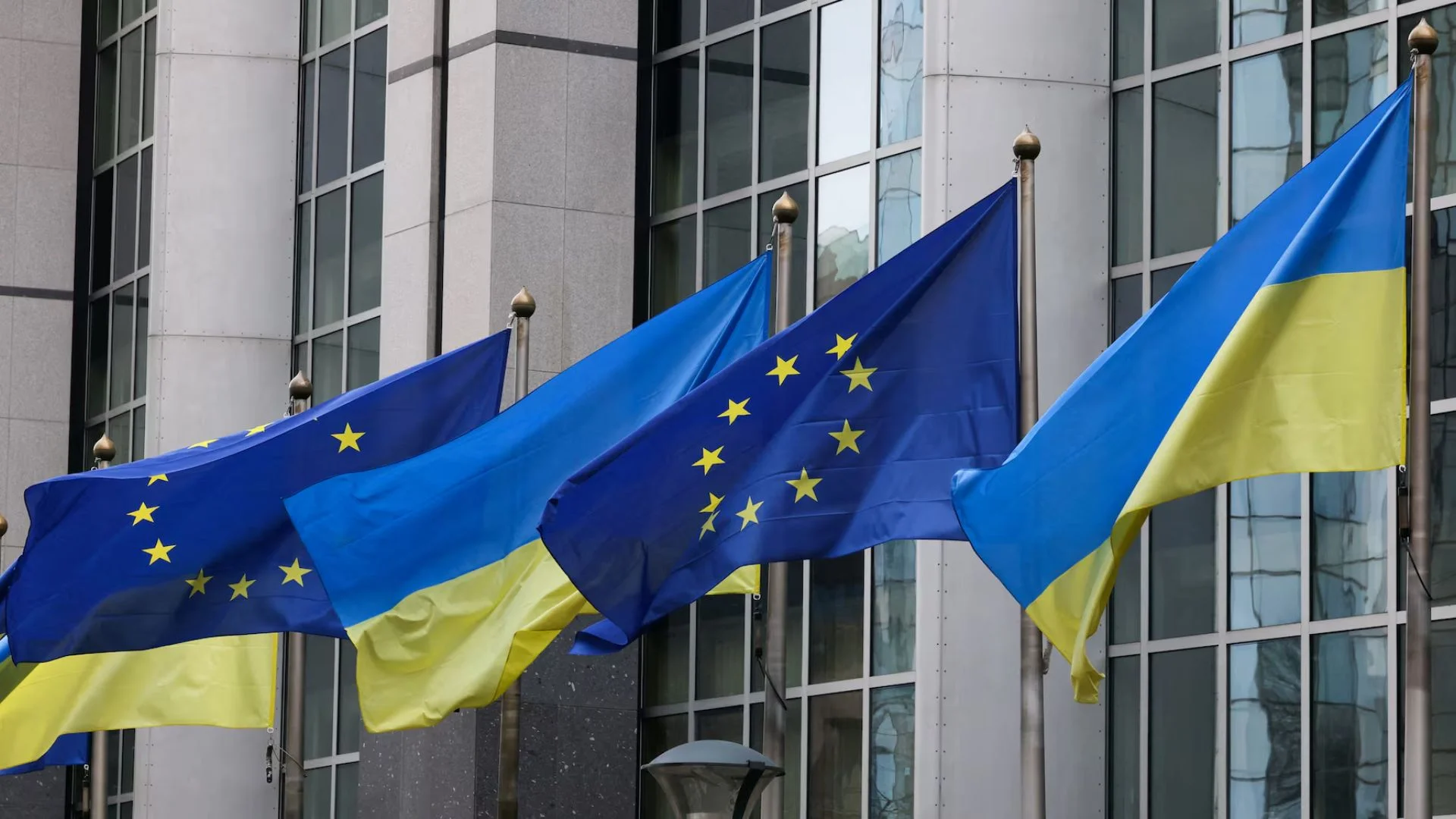The United Arab Emirates (UAE) continues its humanitarian efforts to aid the people of Sudan, showcasing a long-standing commitment to support and relief. From 2014 to 2024, the UAE provided $3.5 billion in aid to Sudan. Since the outbreak of conflict in 2023, the UAE has contributed $230 million in assistance, according to a press release from the UAE Embassy in India.
Over 159 relief flights have transported more than 10,000 tonnes of food, medical supplies, and other relief materials. Furthermore, two field hospitals have been set up in Chad to provide care for Sudanese refugees. The Amdjarass Field Hospital has treated 24,741 patients, while the Abeche Field Hospital has provided care to 21,761 individuals, the press release noted.
In April, the UAE committed over USD 100 million in aid at the International Humanitarian Conference for Sudan and Neighboring Countries in Paris. This aid includes $70 million for UN humanitarian organisations in Sudan, $30 million for refugees in neighbouring countries, $25 million for the World Food Programme, $20 million for the United Nations High Commissioner for Refugees (UNHCR), $8 million for the World Health Organization (WHO), and $7 million for the United Nations International Children’s Emergency Fund (UNICEF).
Additionally, the UAE has donated $5 million each to the United Nations Office for the Coordination of Humanitarian Affairs (OCHA) and the UN’s Food and Agriculture Organization (FAO).
“The UAE remains committed to supporting the Sudanese people during these challenging times, providing essential humanitarian aid and medical assistance to those affected by the ongoing crisis,” the UAE Embassy in India stated.
The origins of the current conflict in Sudan lie in the country’s turbulent political past. In 2019, a popular uprising led to the removal of long-time dictator Omar al-Bashir, who had ruled for three decades. This revolution sparked hopes for a democratic transition, but the military, which had supported the uprising, quickly seized power. A civilian-military transitional government was formed, but conflicts between military and civilian leaders persisted.
In October 2021, these conflicts erupted into a military coup led by General al-Burhan, which dissolved the transitional government and further destabilized the country. Despite widespread protests and international criticism, the military maintained control. Divisions soon surfaced within the military, especially between the SAF and the RSF, which had transitioned from a paramilitary group to a part of the Sudanese military.
Disagreements over the integration of the RSF into the regular army and control over the military escalated into open conflict in April 2023. Both factions fought for control of strategic locations in Khartoum and other critical regions.
The conflict has caused a dire humanitarian crisis, with thousands of civilians killed, millions displaced, and extensive infrastructure damage. Essential services have been severely disrupted, resulting in shortages of food, water, and medical supplies. Additionally, the conflict has spread to neighboring countries, worsening regional instability.

